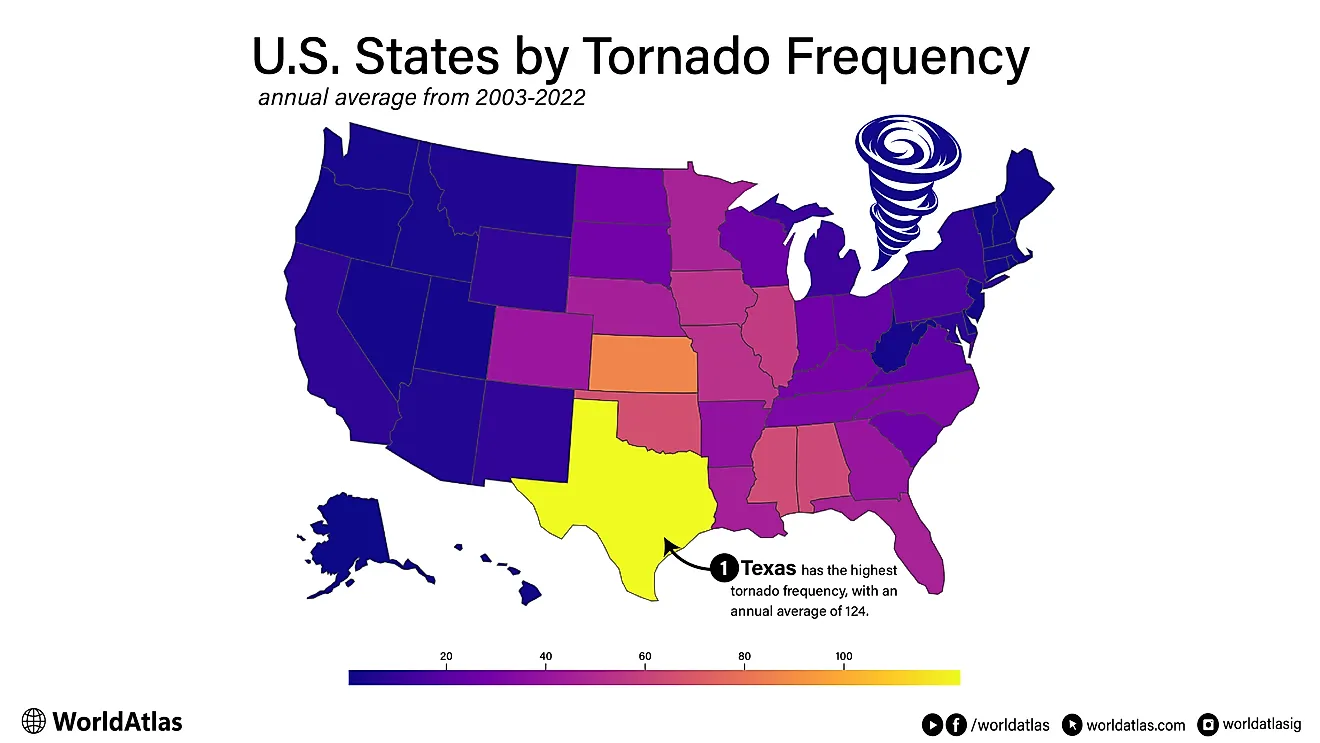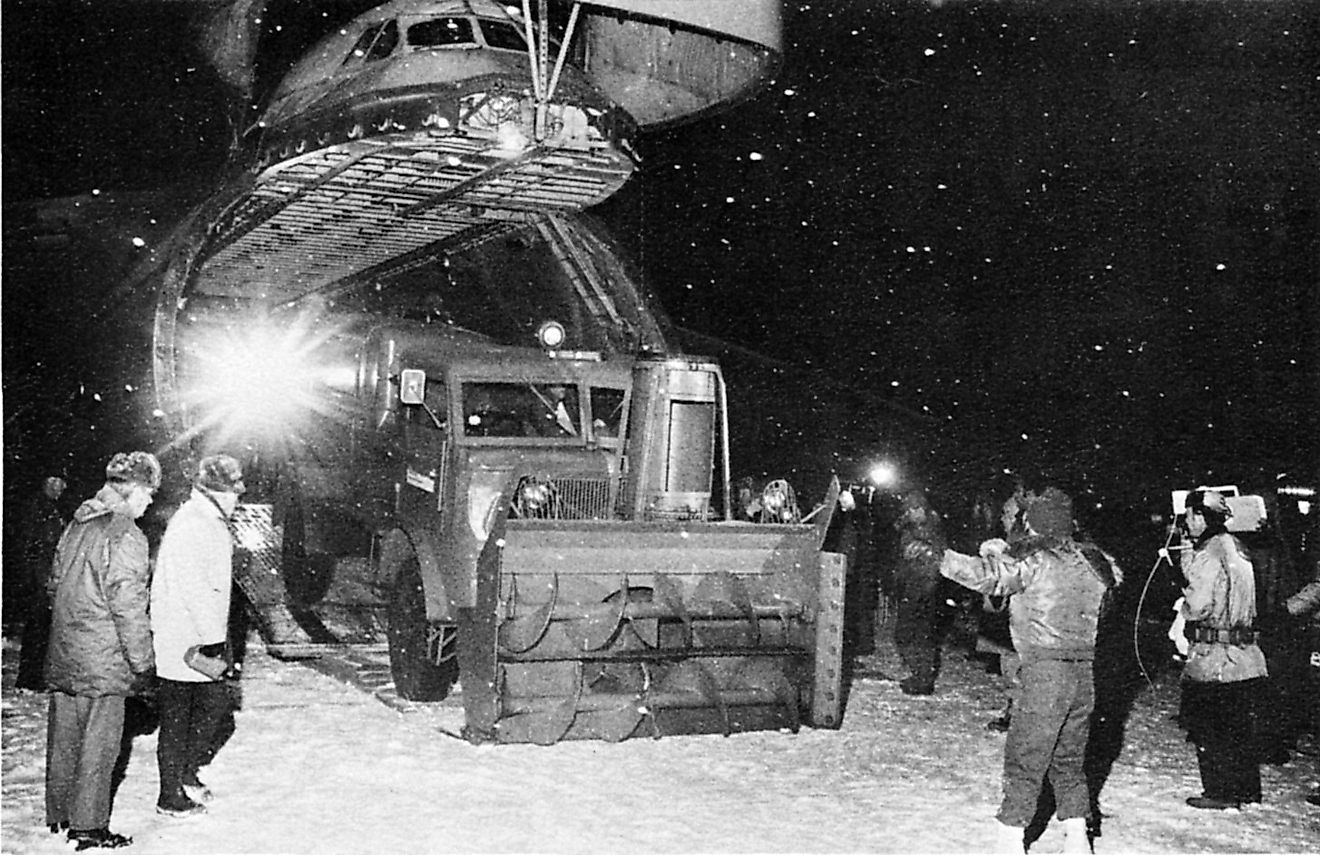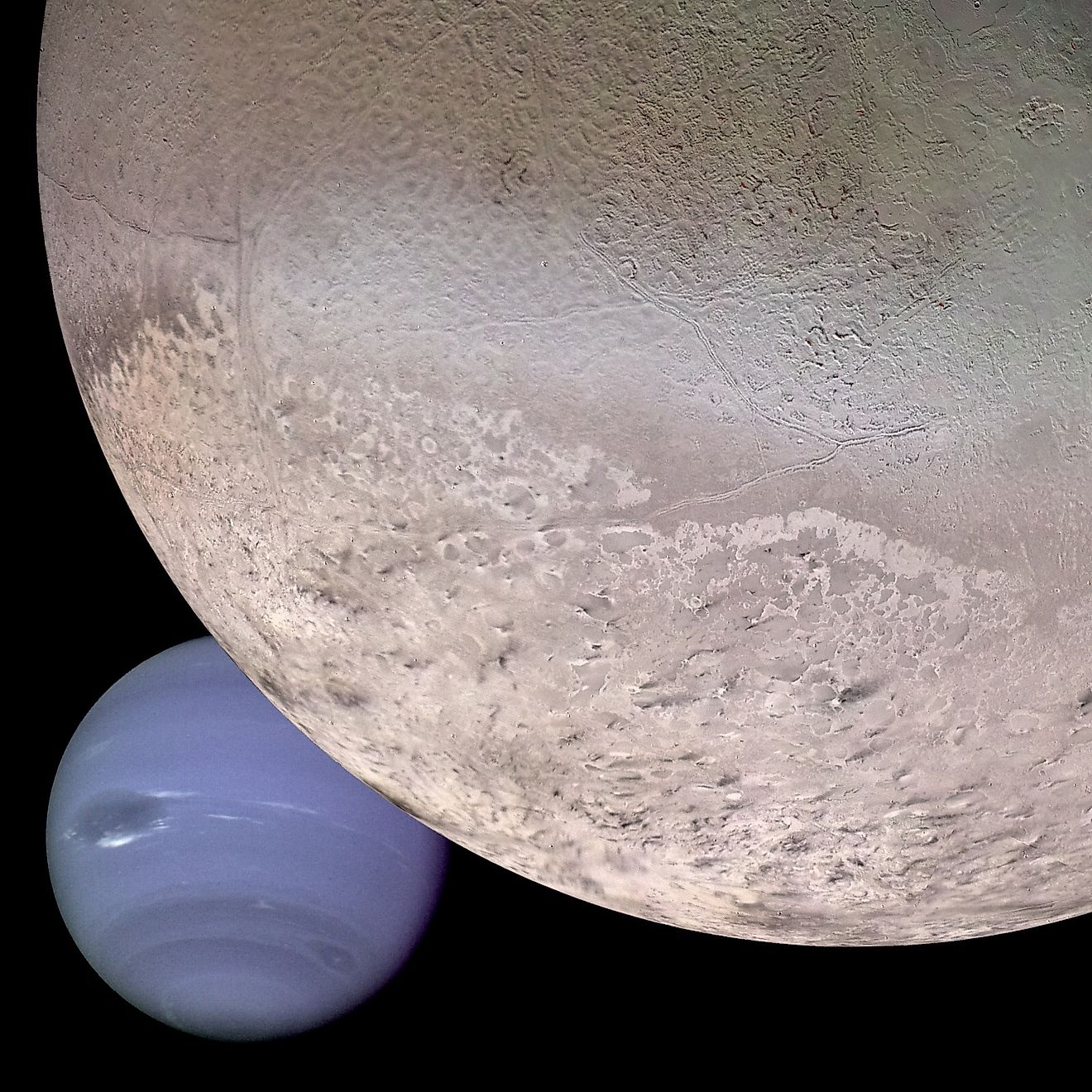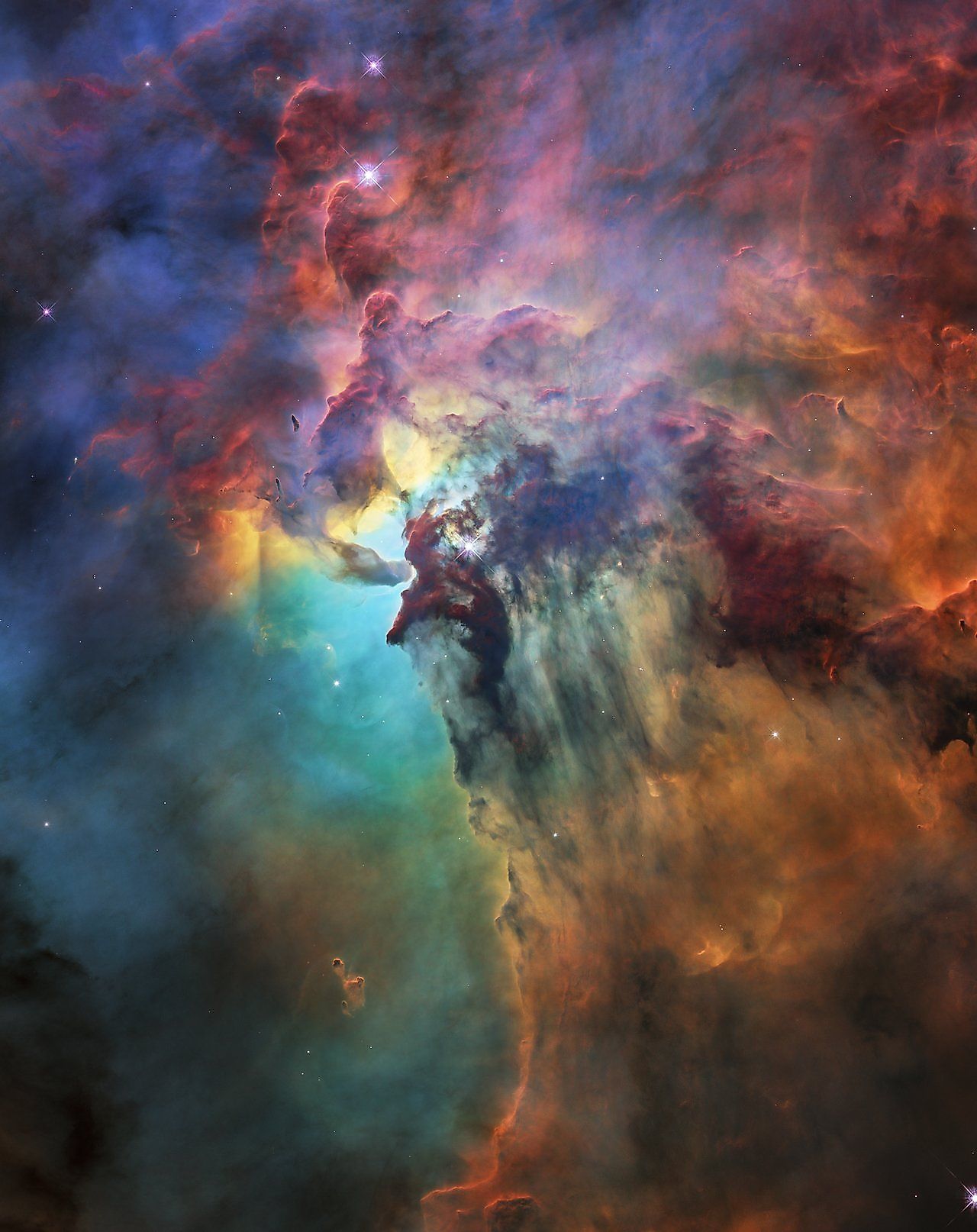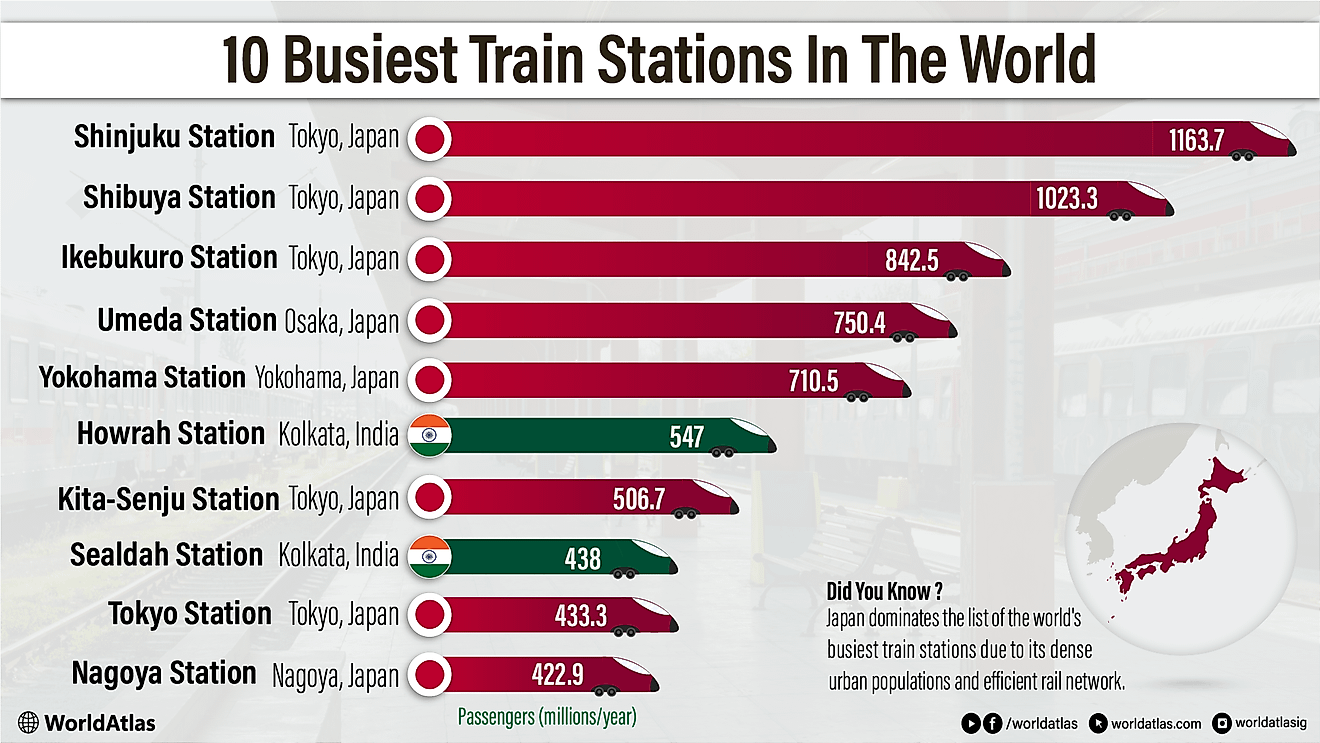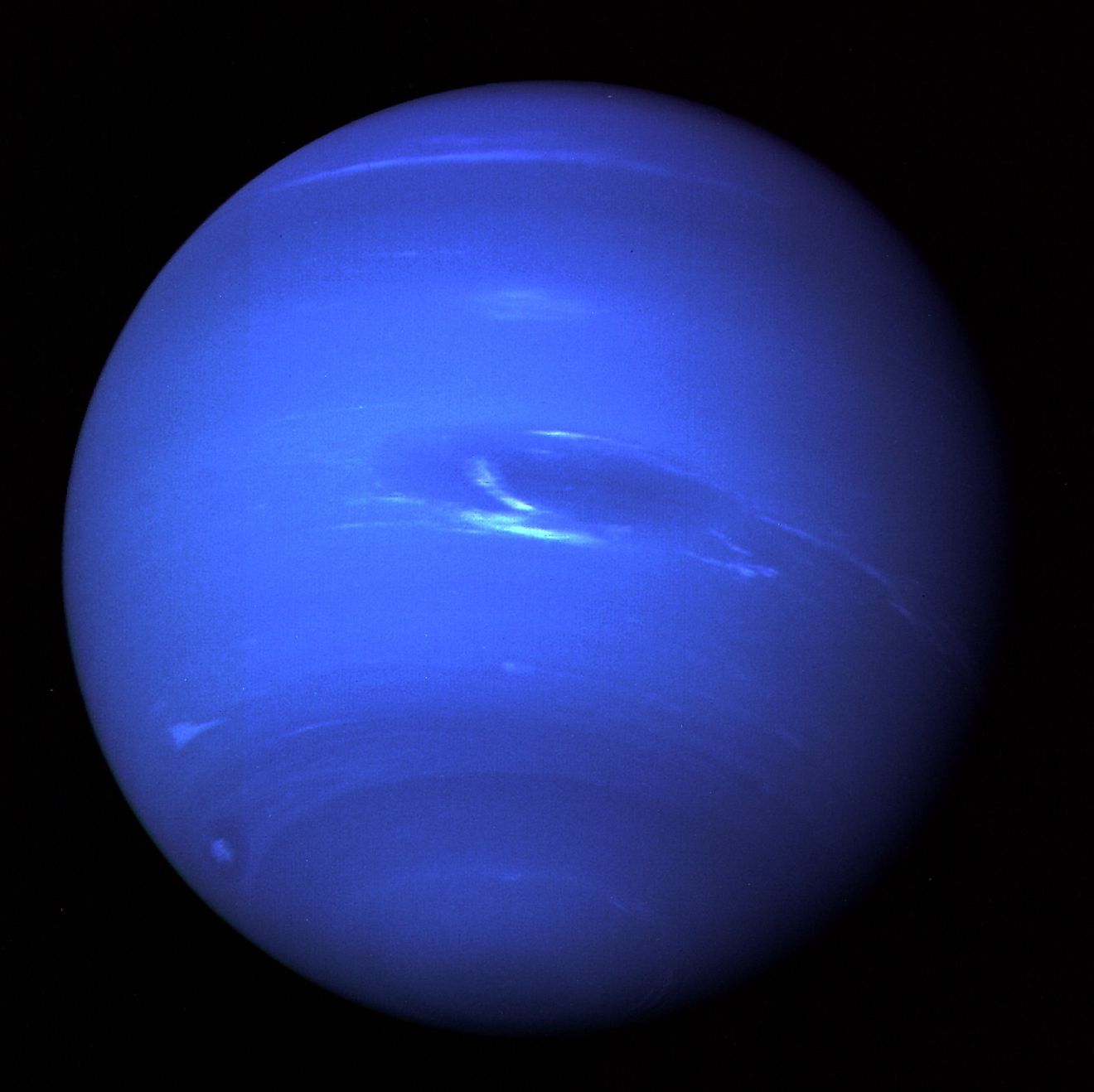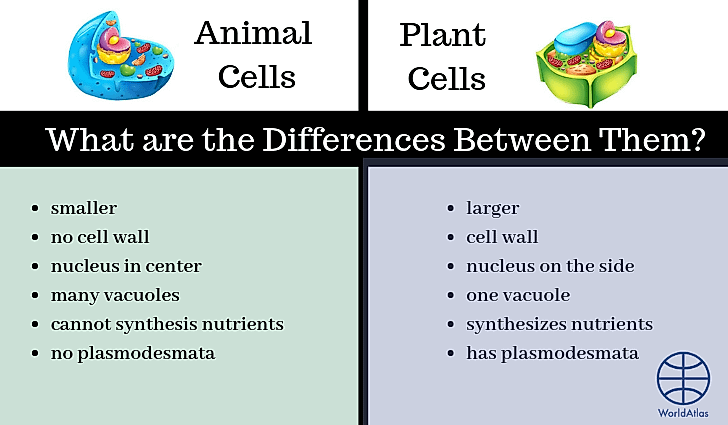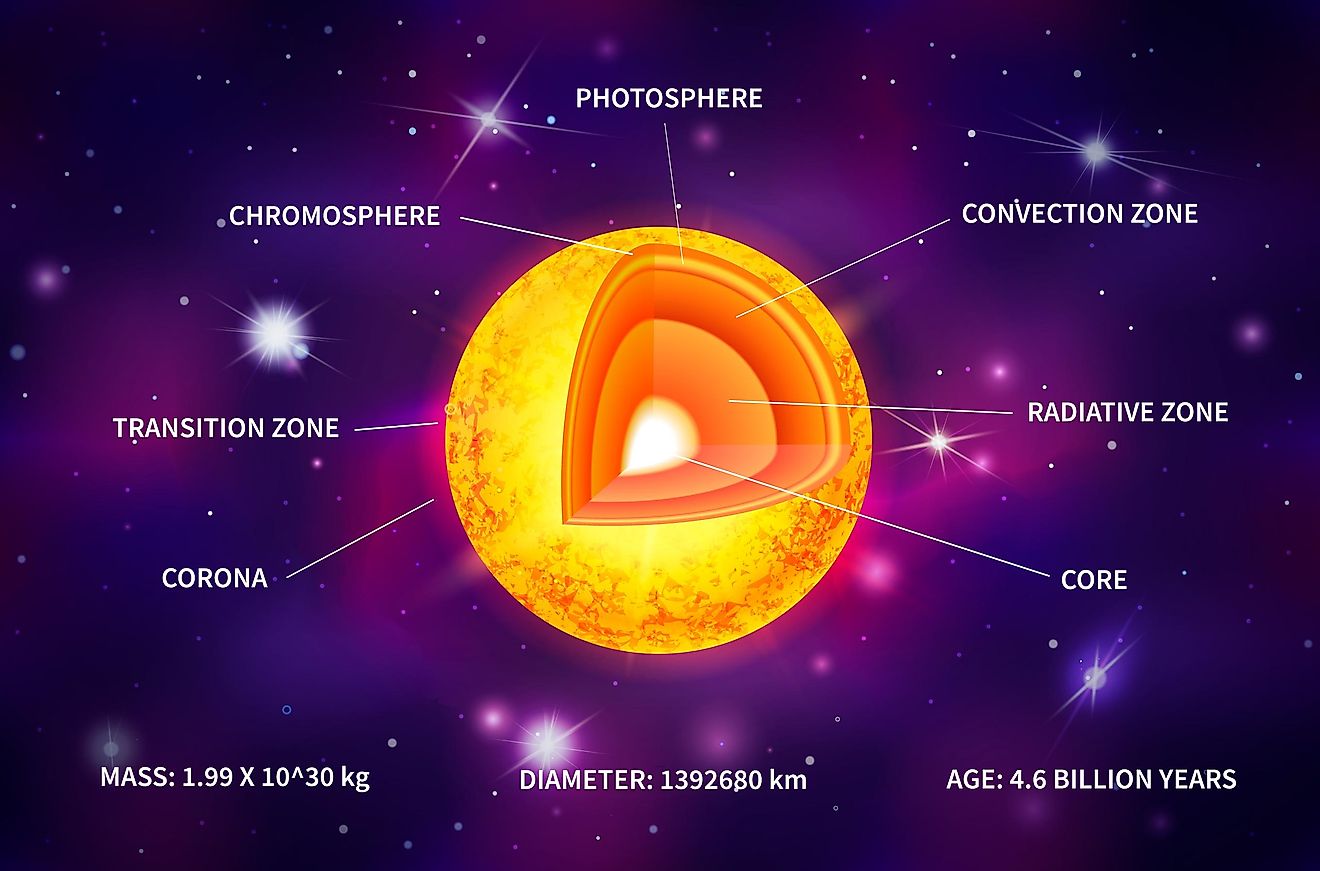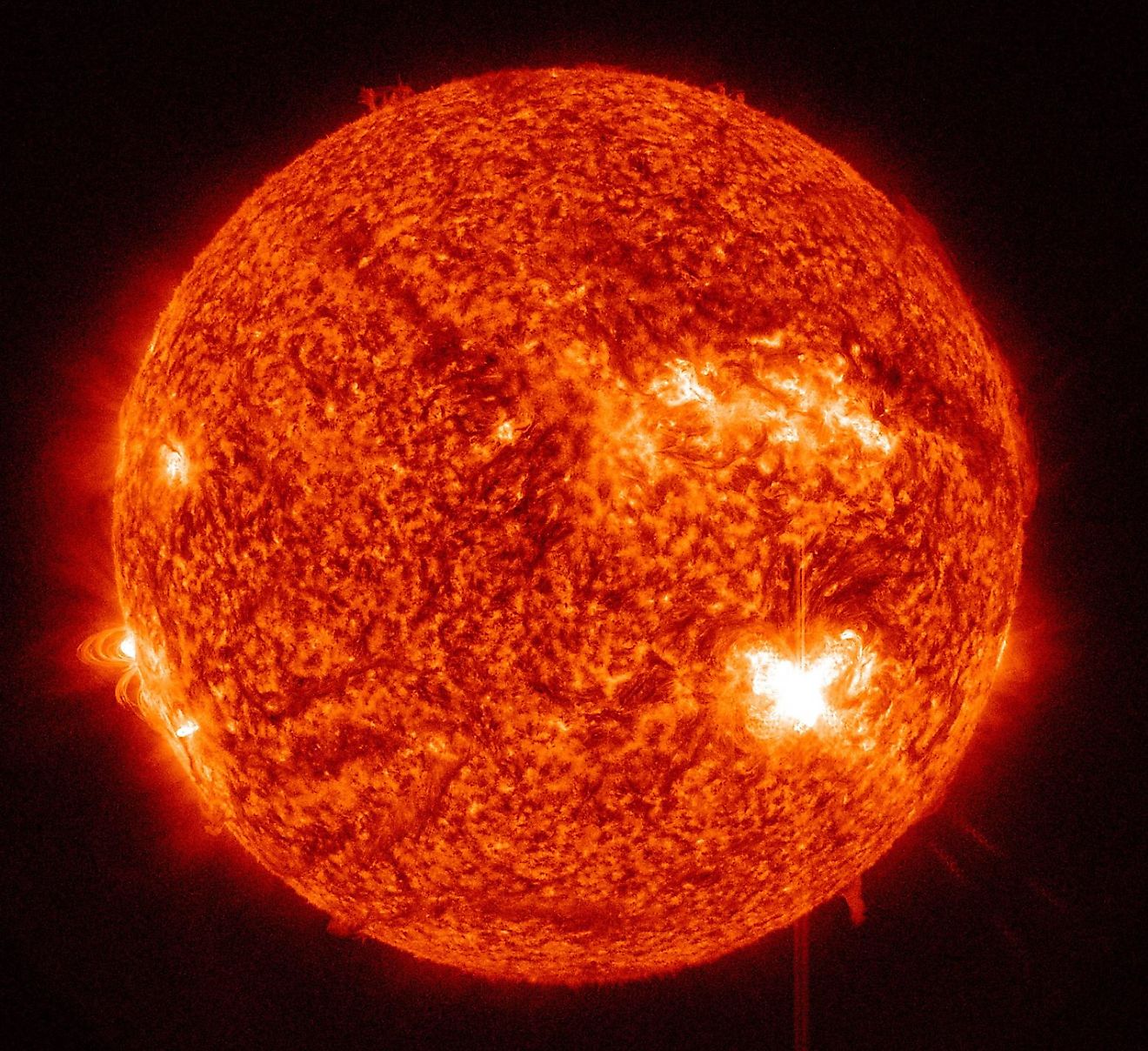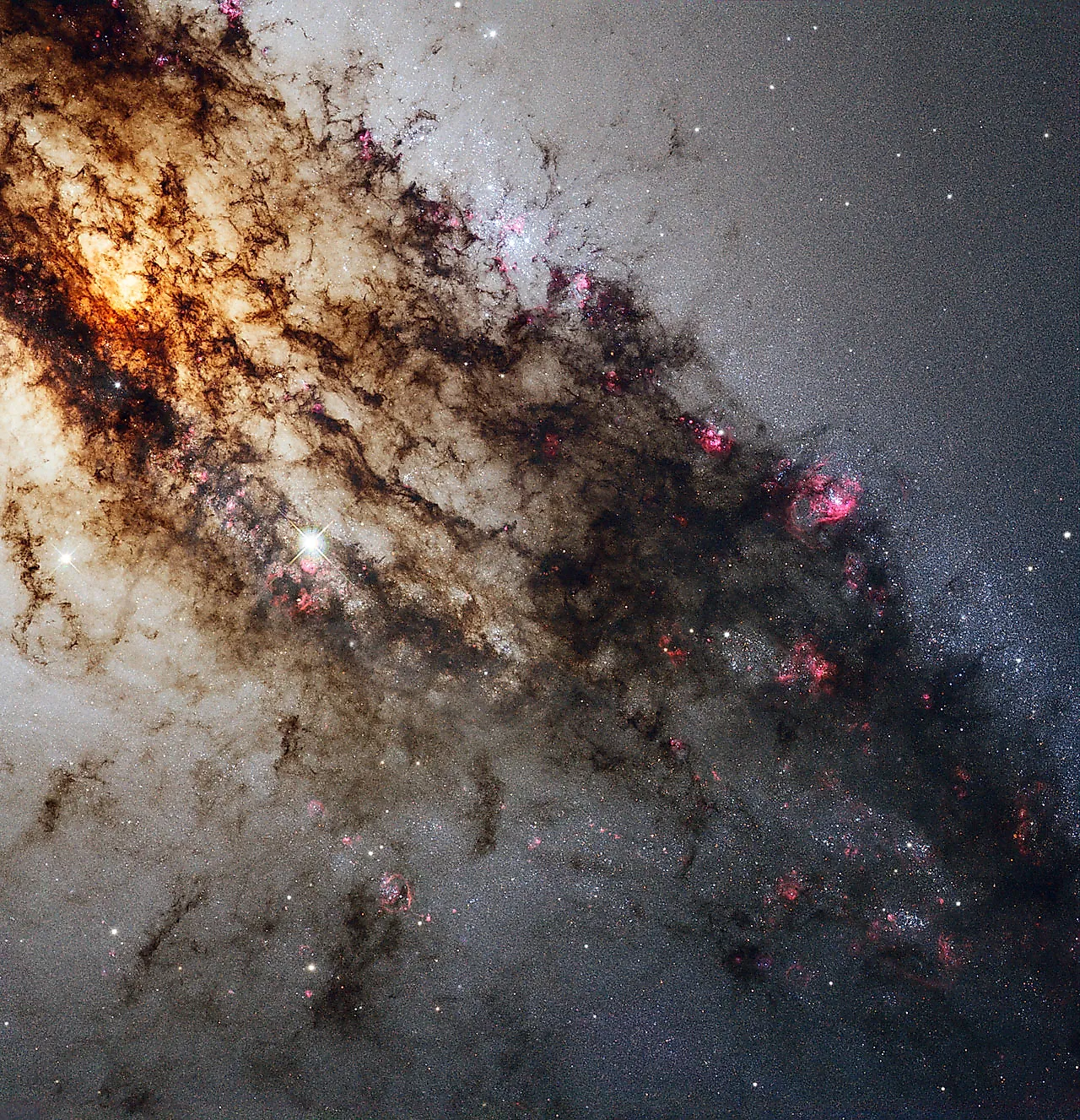
The Big Crunch
The universe began with the Big Bang approximately 13.8 billion years ago and has been expanding ever since. For much of the twentieth century, scientists debated whether gravity might eventually slow this expansion, bringing it to a halt and reversing it entirely. One theoretical scenario based on this idea is known as the Big Crunch.
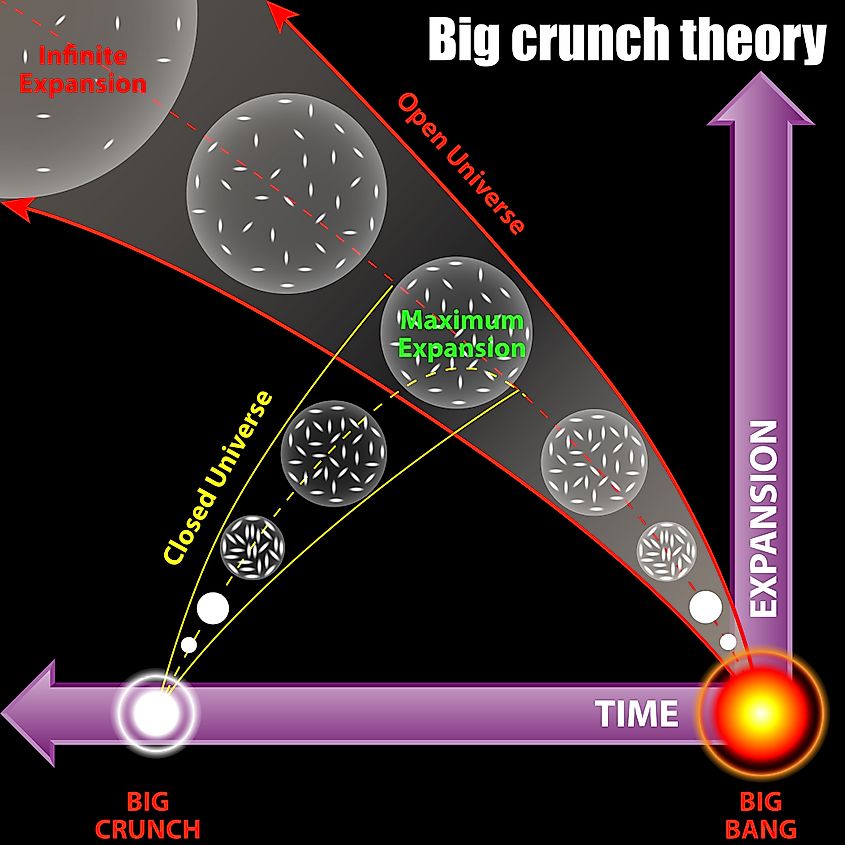
In the Big Crunch model, the universe contains enough matter and energy for gravity to overcome cosmic expansion. If that were the case, expansion would gradually slow, stop, and reverse, causing galaxies to move closer together as the universe contracts toward an extremely hot and dense final state, effectively the inverse of the Big Bang.
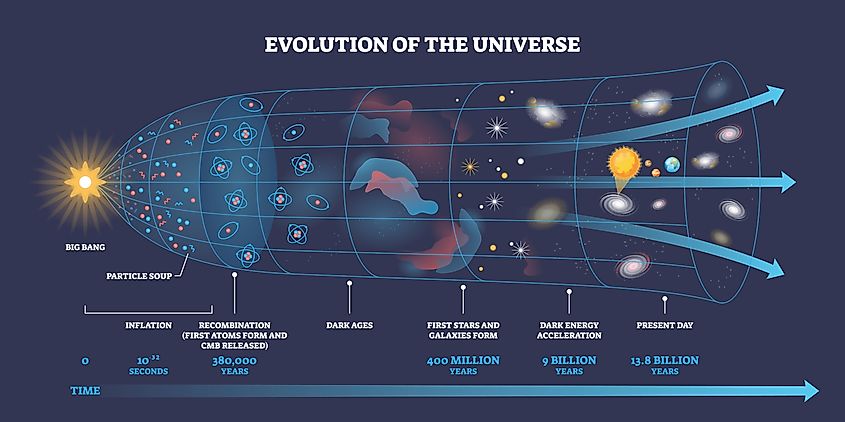
Modern observations paint a different picture. When we measure distant supernovae, galaxy distributions, and the cosmic microwave background, it becomes clear that the universe’s expansion is actually speeding up. This exciting discovery suggests that a mysterious force called dark energy is at work. According to current models, this acceleration means that a future collapse is becoming less and less likely, giving us a fascinating glimpse into the universe’s future.
The Big Crunch is now seen as less likely to happen. Instead, it serves as a theoretical framework that allows cosmologists to imagine how various cosmic conditions, especially shifts in dark energy, might significantly change the future path of our universe.
Gravity And The Expansion Of Space
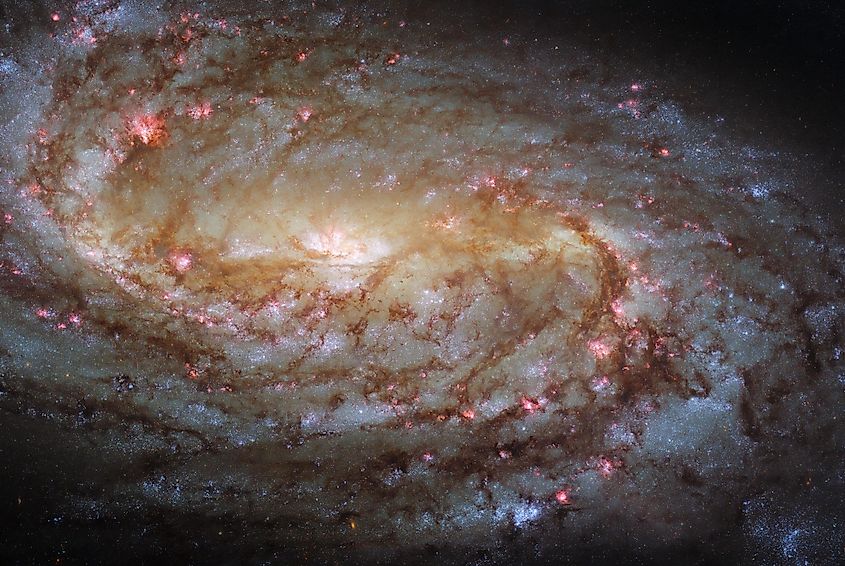
How exactly does an entire universe just stop expanding? It has to do with the force of gravity, of course. The rate at which the universe expands depends heavily on the distribution of matter in the cosmos. All matter exerts a gravitational force, so the closer things are together, the stronger they pull on one another. Theoretically, the universe's gravity would eventually slow the expansion rate. The universe would come to a stop and start moving in reverse. The universe begins to contract, with everything in the universe moving closer and closer together. Over time this process would become exponential as objects with gravity move closer together. After many billions of years, the entire universe would collapse in on itself in a process that is precisely opposite to the Big Bang. The term Big Crunch comes from the fact that the whole universe is being crunched into a single point.
An interesting result of the Big Crunch would be the existence of a cyclic universe. When the universe fully contracts into a single point, everything would begin again as another Big Bang. In this model, the universe itself never had a proper beginning, and there have simply been an infinite number of expansions and contractions. For all we know, our universe has existed an endless number of times, and time itself may be a circle rather than a straight line.
Will The Universe End In A Big Crunch?
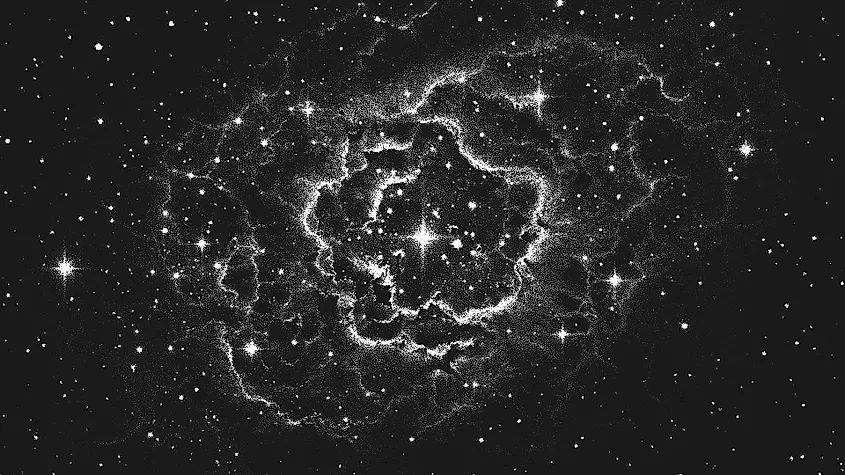
For much of the 20th century, the Big Crunch was a reasonably popular model for how the universe will end. However, scientists were unaware at the time that the universe is composed mainly of dark energy. Dark energy is a mysterious form of energy that permeates all of space, and it is the force that causes the universe to expand. Before the late 1990s, astronomers assumed that the combined gravity of the dark matter and the visible matter would eventually slow the universe's expansion, eventually leading to a Big Crunch. However, astronomers discovered that, rather than slowing down, the universe is actually accelerating. The sheer amount of dark energy in the universe has overcome the force of gravity, and so space is expanding at an accelerated rate. This makes the Big Crunch model seem unlikely, yet it cannot be discarded just yet as the nature of dark energy remains one of the biggest mysteries in physics.
